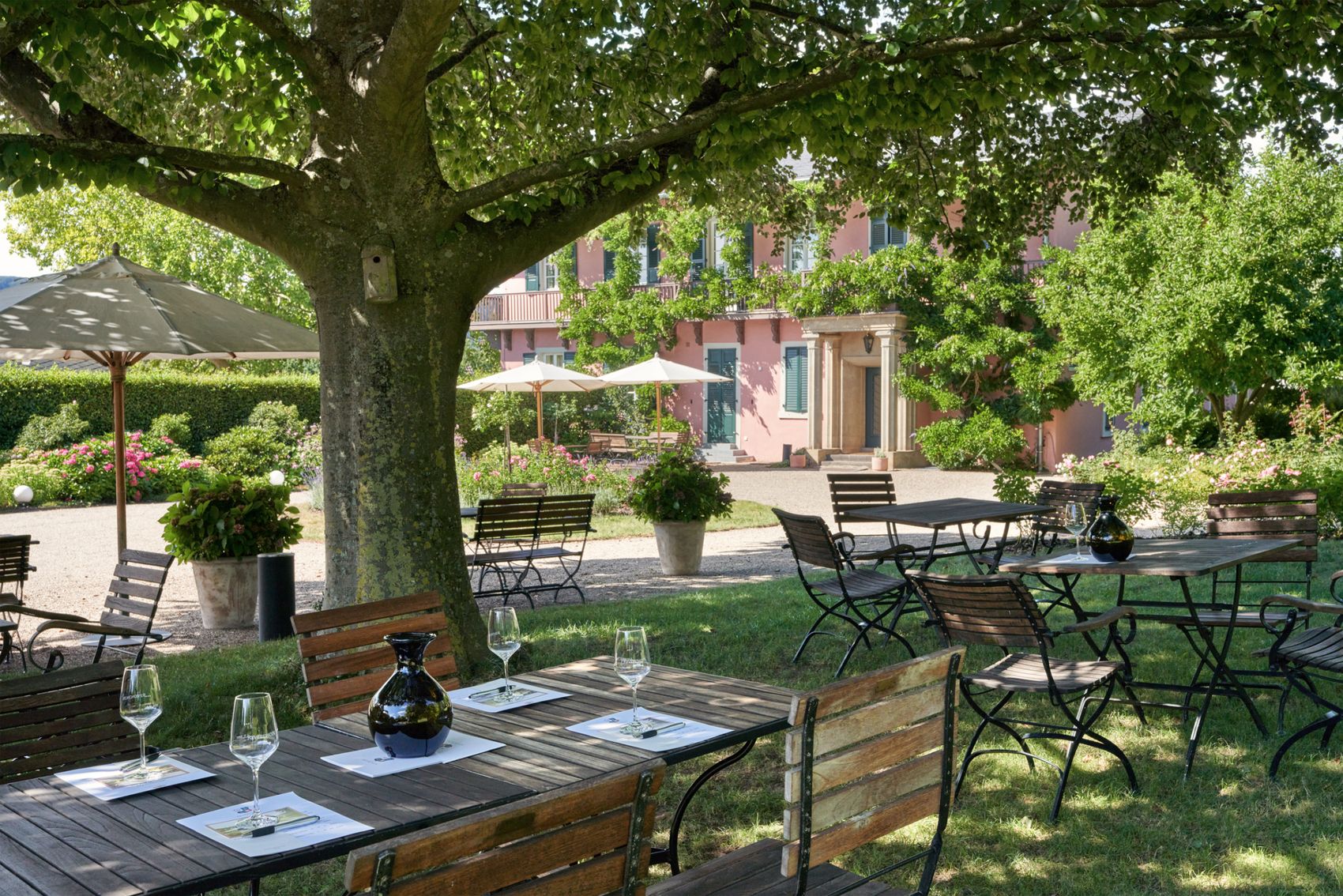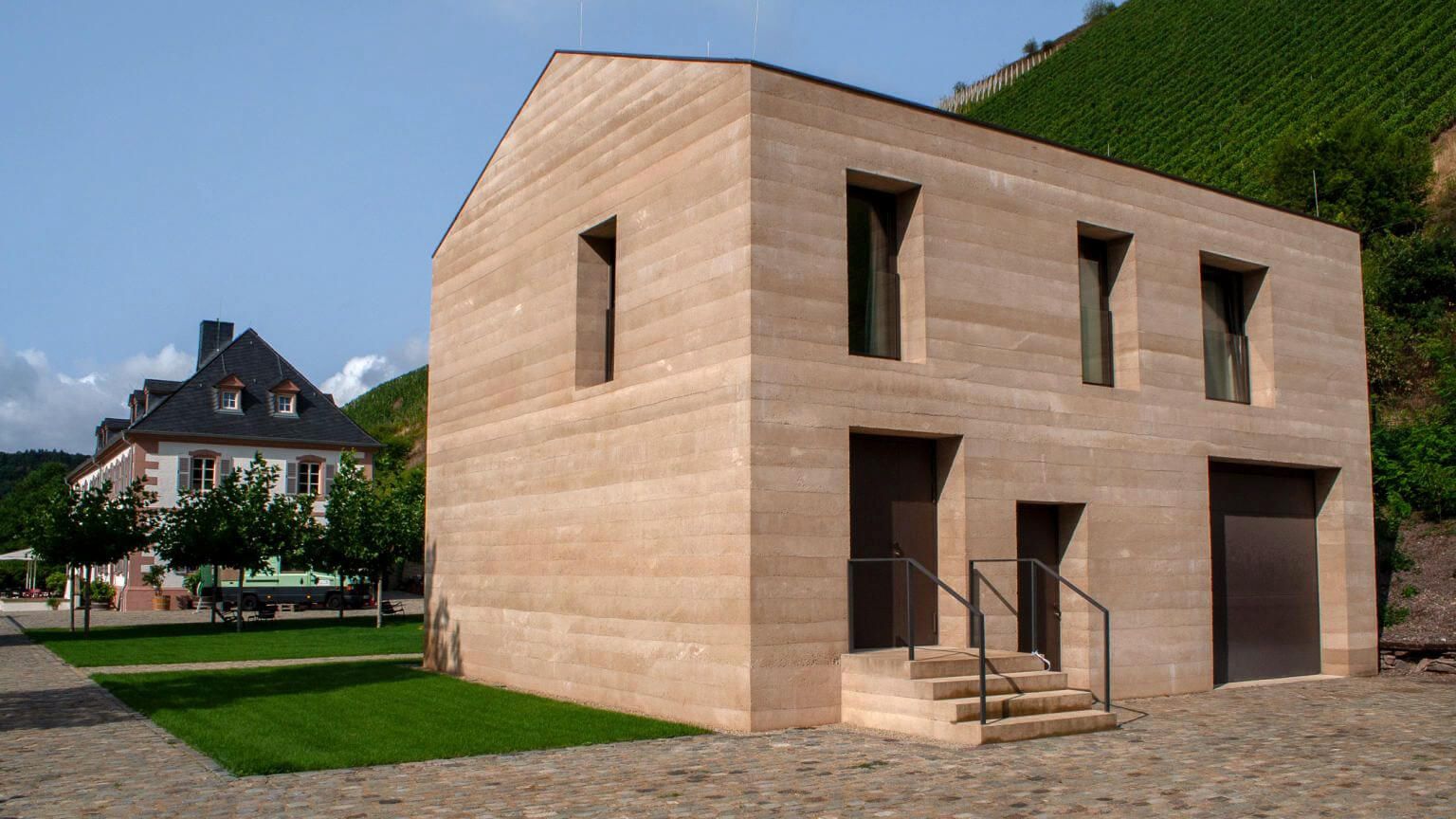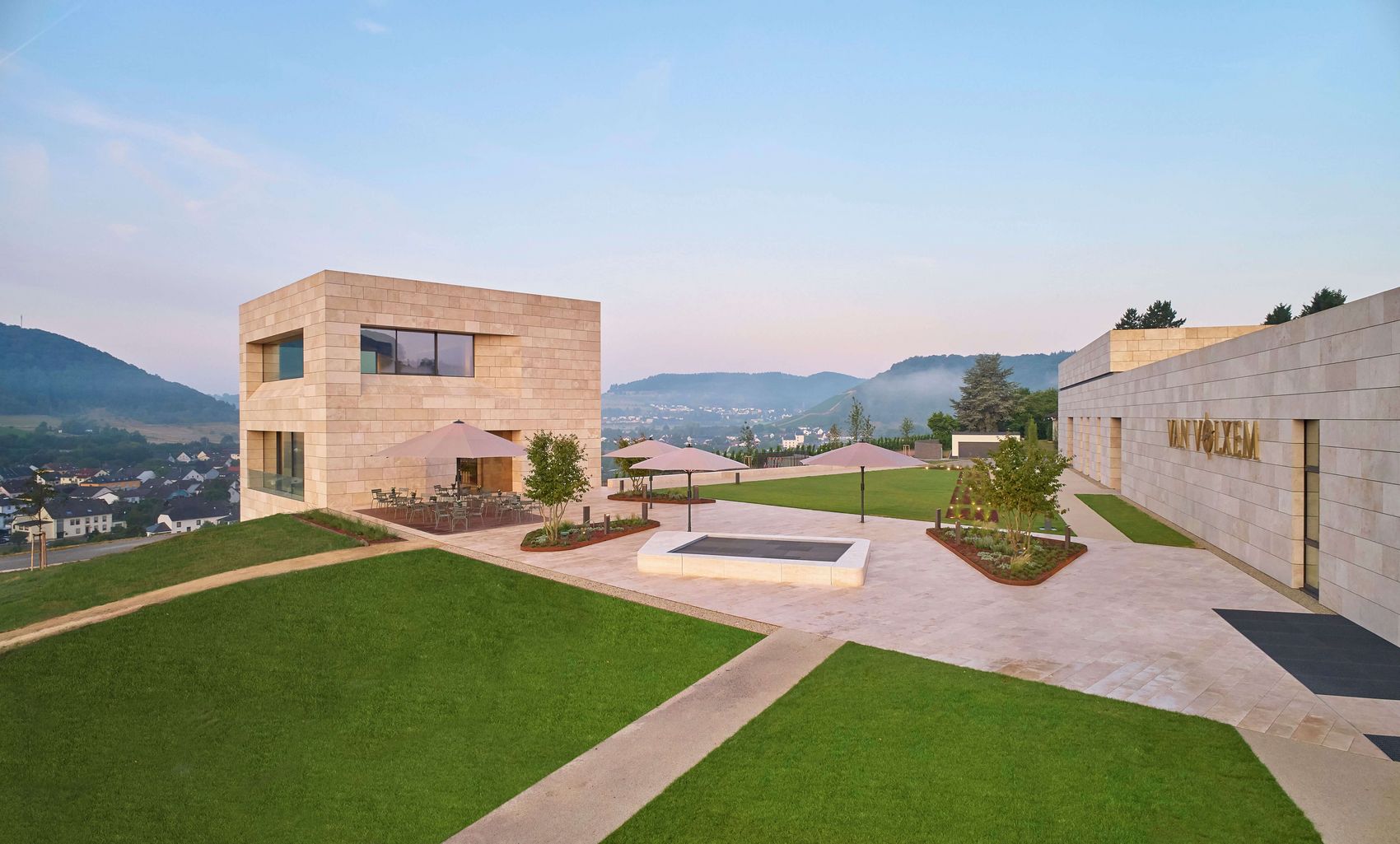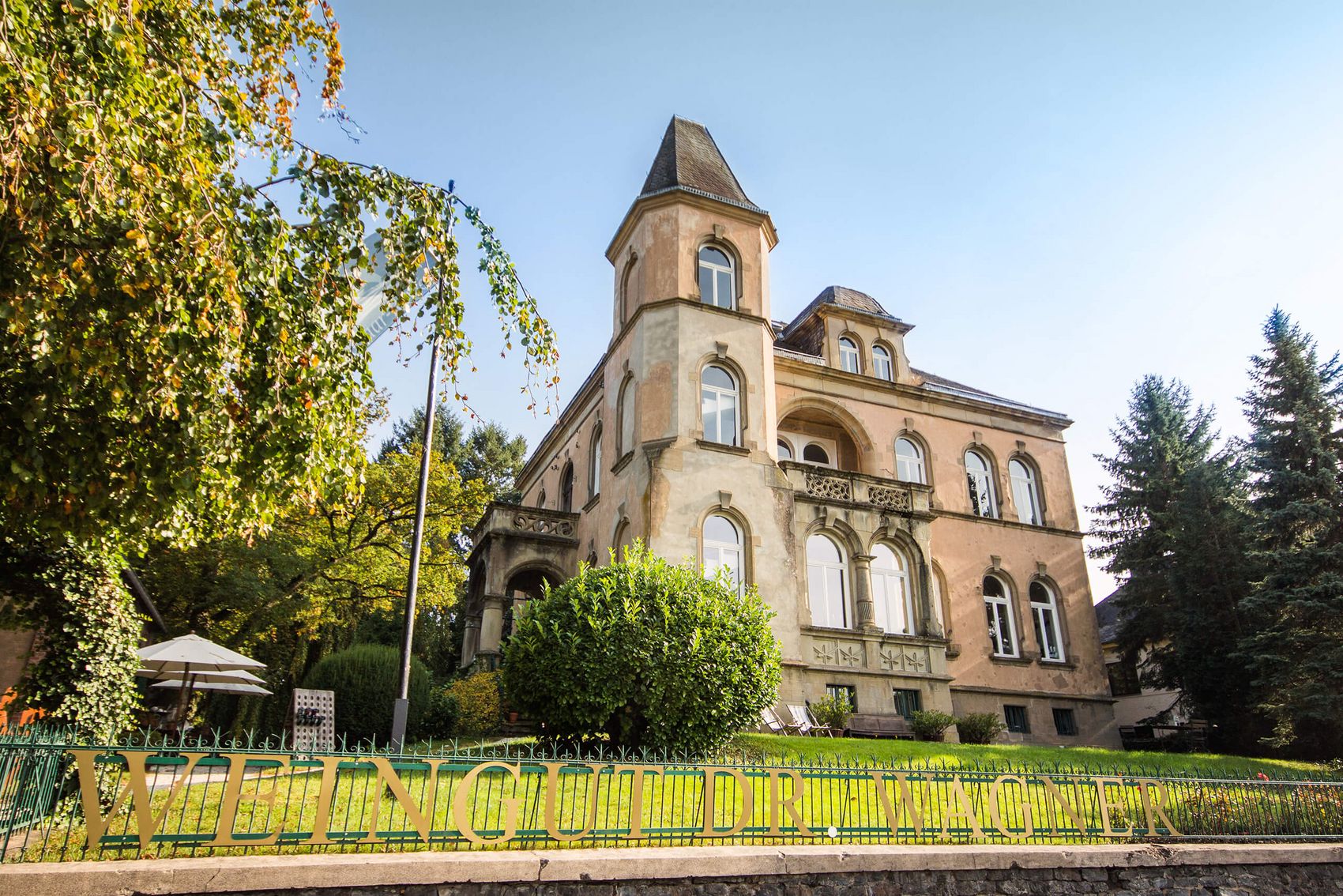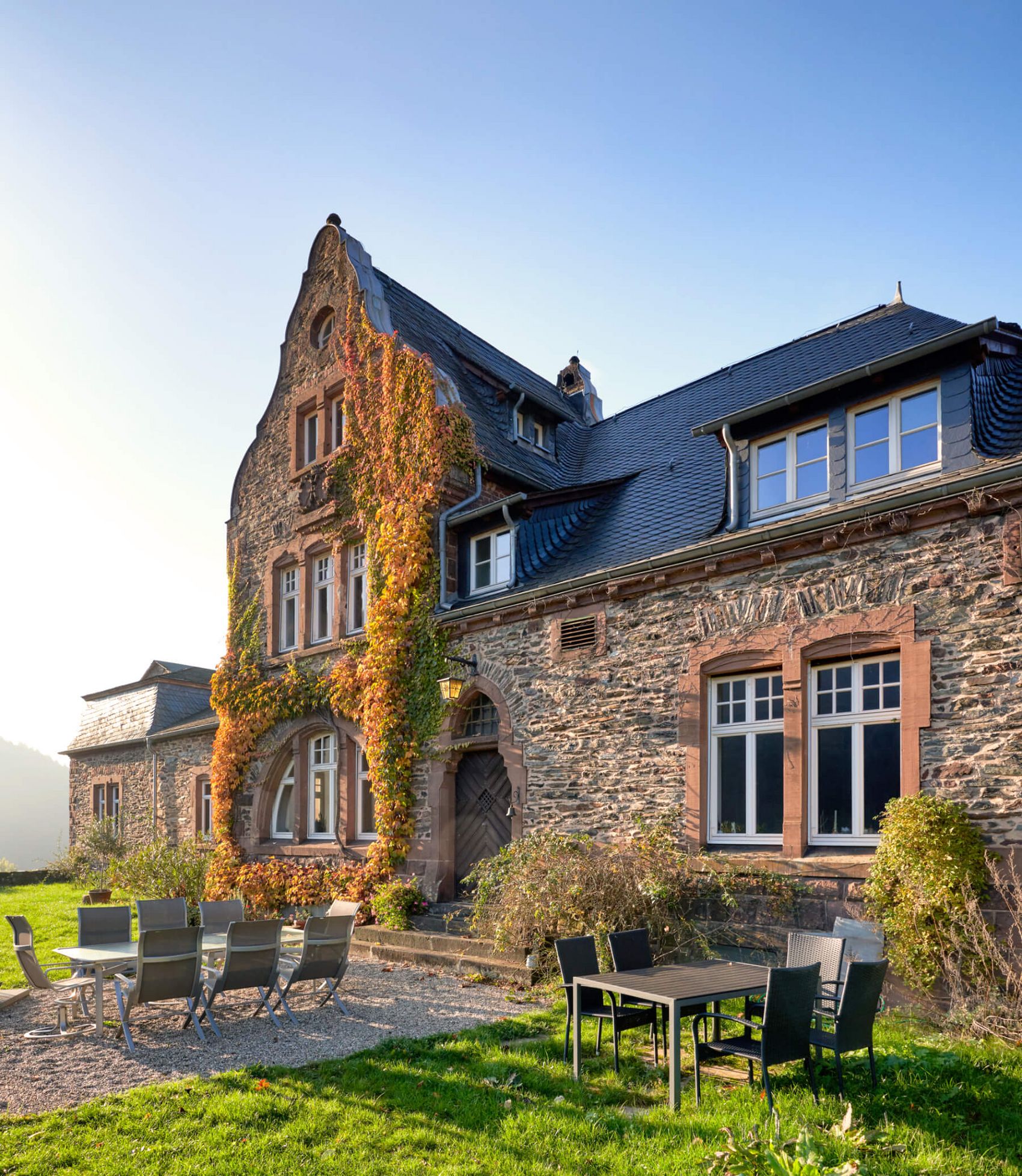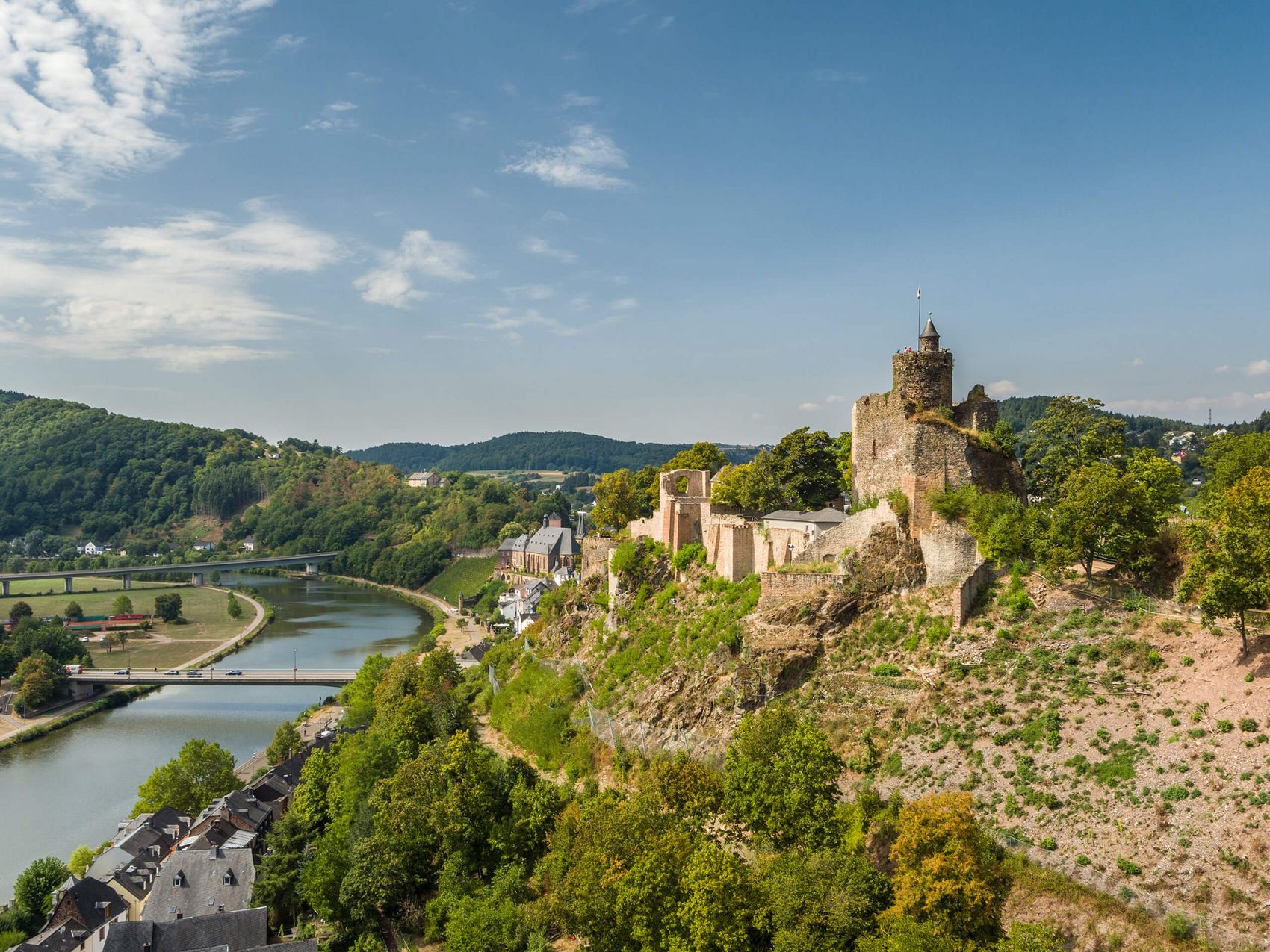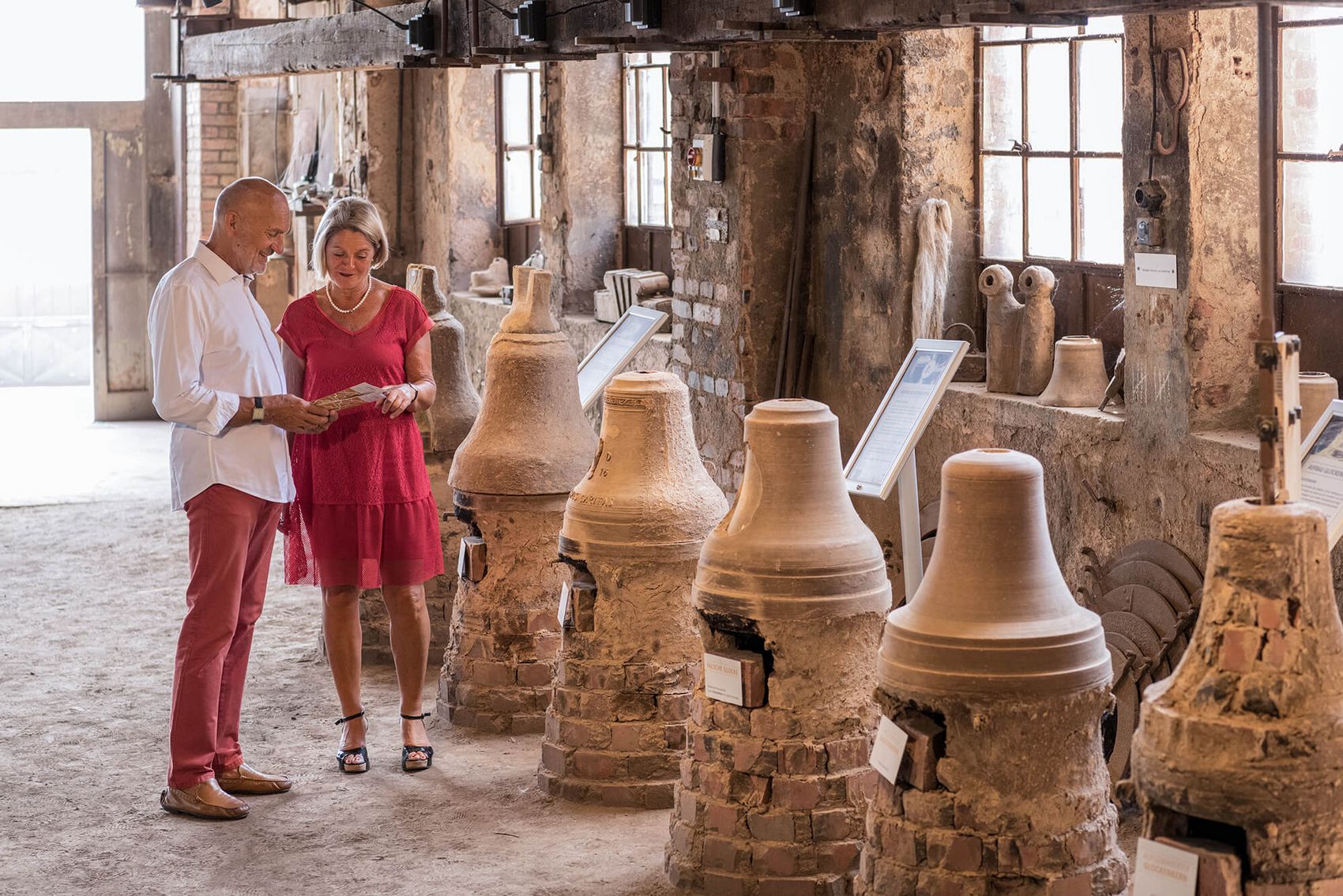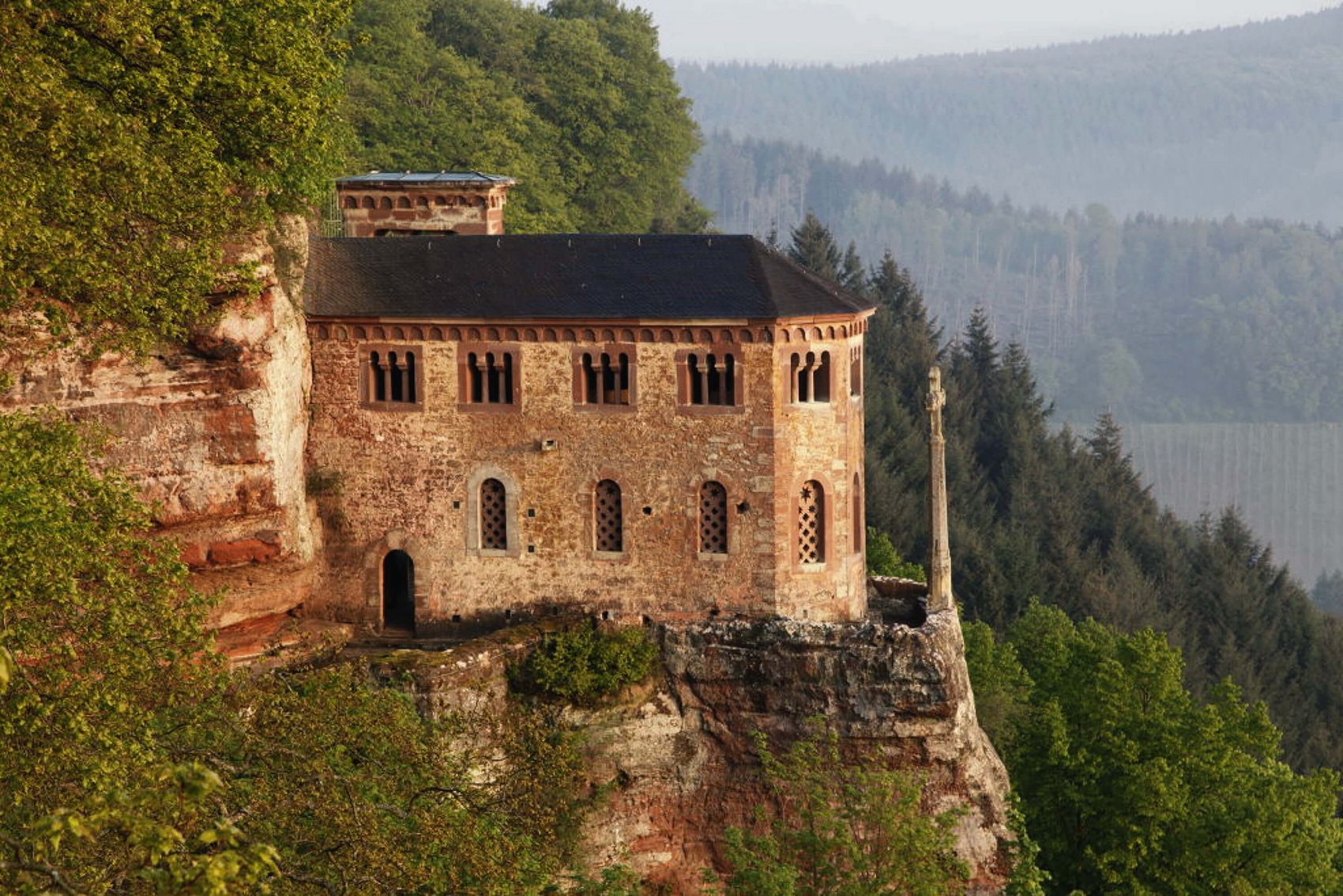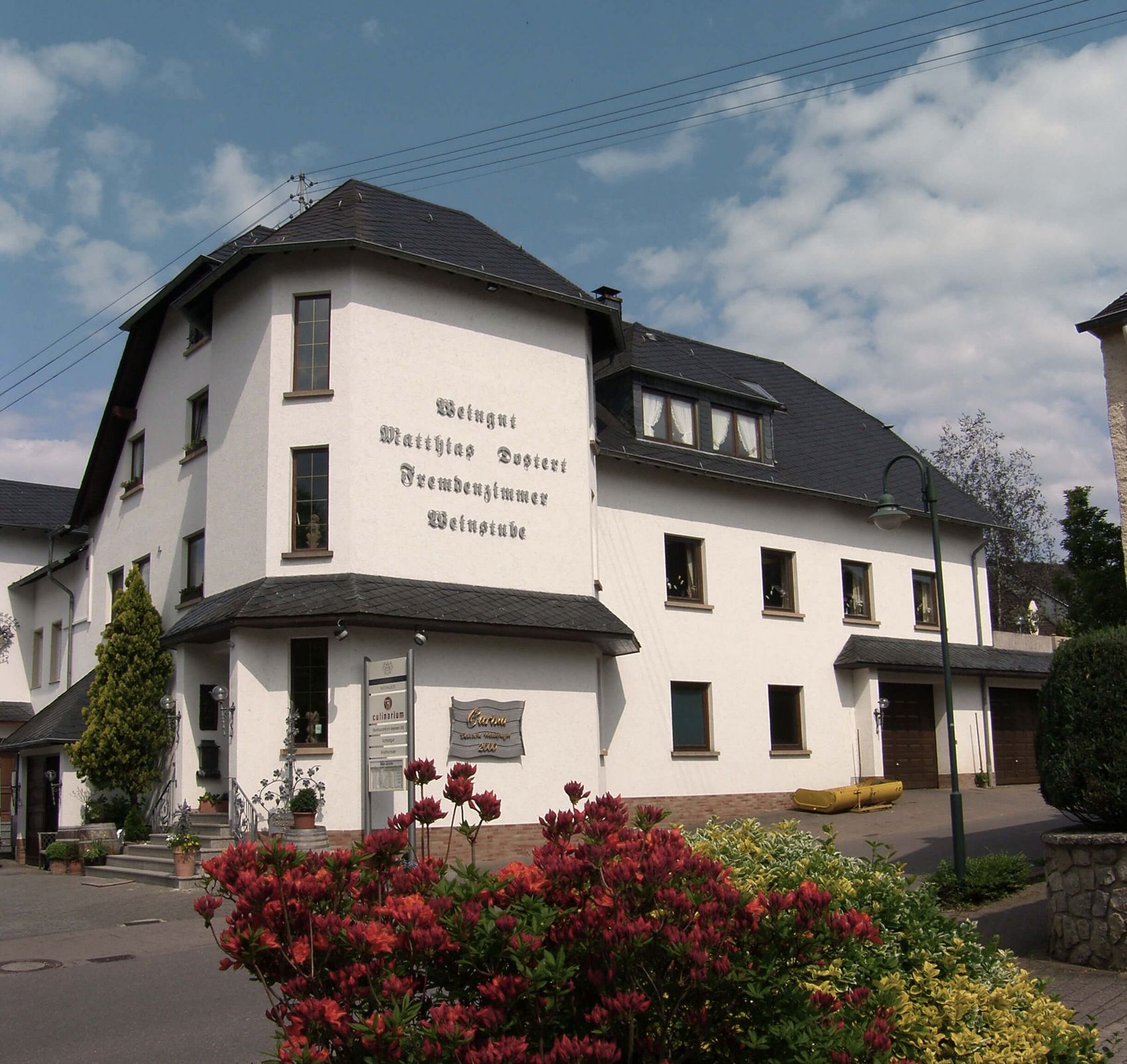Wine architecture in the heart of Europe
Away from the more well-known Mosel holiday locations, the Upper Mosel and Saar regions have plenty to offer. Plus, Luxembourg and France are reachable in next to no time at all. The advantages of a unified Europe are particularly evident here. There are no border barriers or customs checkpoints; instead you get the famous Luxembourg winegrowing village of Schengen, the cradle of a borderless Europe!
The Upper Mosel borders directly on the Grand Duchy of Luxembourg. It’s only the Mosel itself that divides the river valley into a Luxembourg side and a German side. Bridges ensure cross-border travel. The architecture of the winegrowing villages reflects the cultural differences between the countries, which adds to their special charm. Language-wise, the Mosel people have so much in common that they can communicate without any difficulty. The vines that grow on dolomite rock on both sides of the valley are mainly of the Burgunder variety. The traditional Elbling grape variety is a speciality along the Upper Mosel and you should definitely give this wine a try!
Only a narrow and very scenic ridge, known as the Saargau, separates the Upper Mosel from the Saar. World-famous Riesling wines grow on the steep slopes of the Saar Valley, and the magnificent architecture of the vineyards bears witness to the economic success of the estate owners. Saar Riesling wines are characterised by their elegance and minerality. These wines are considered to age well and can often still surprise you with their freshness decades later.
